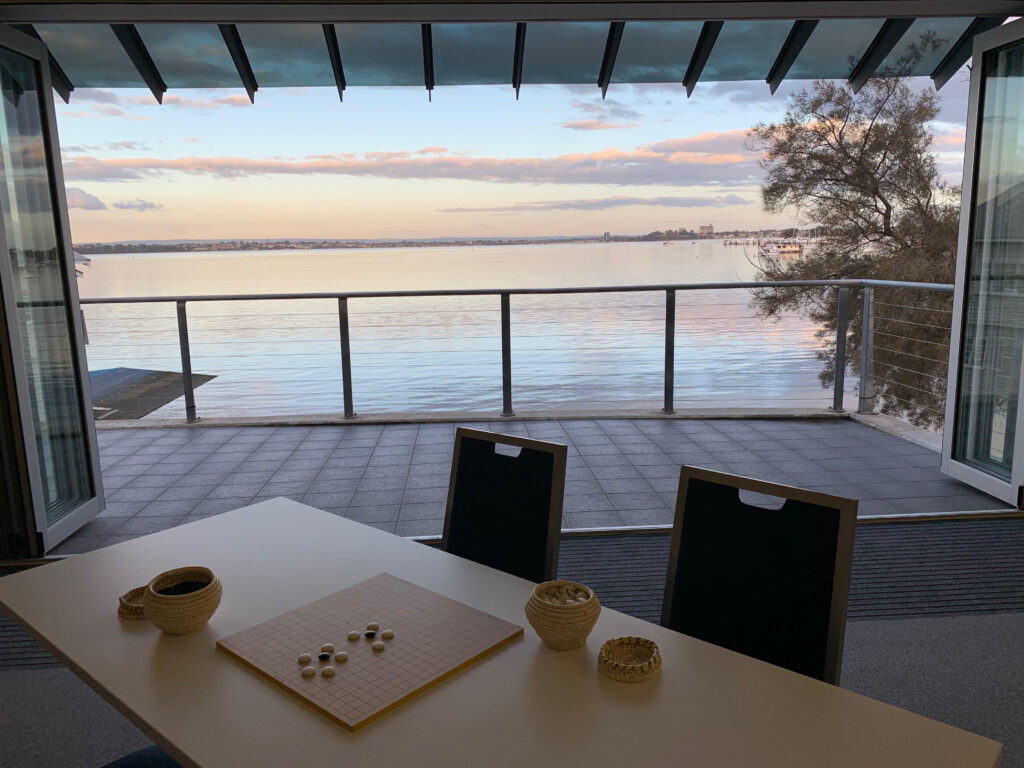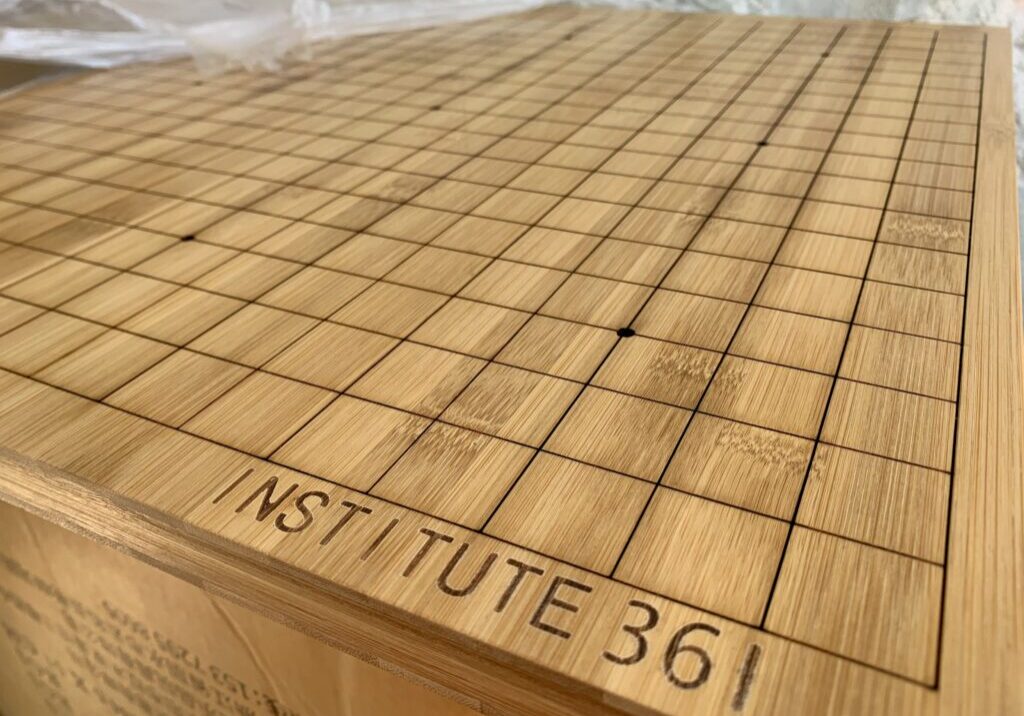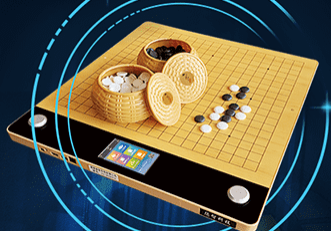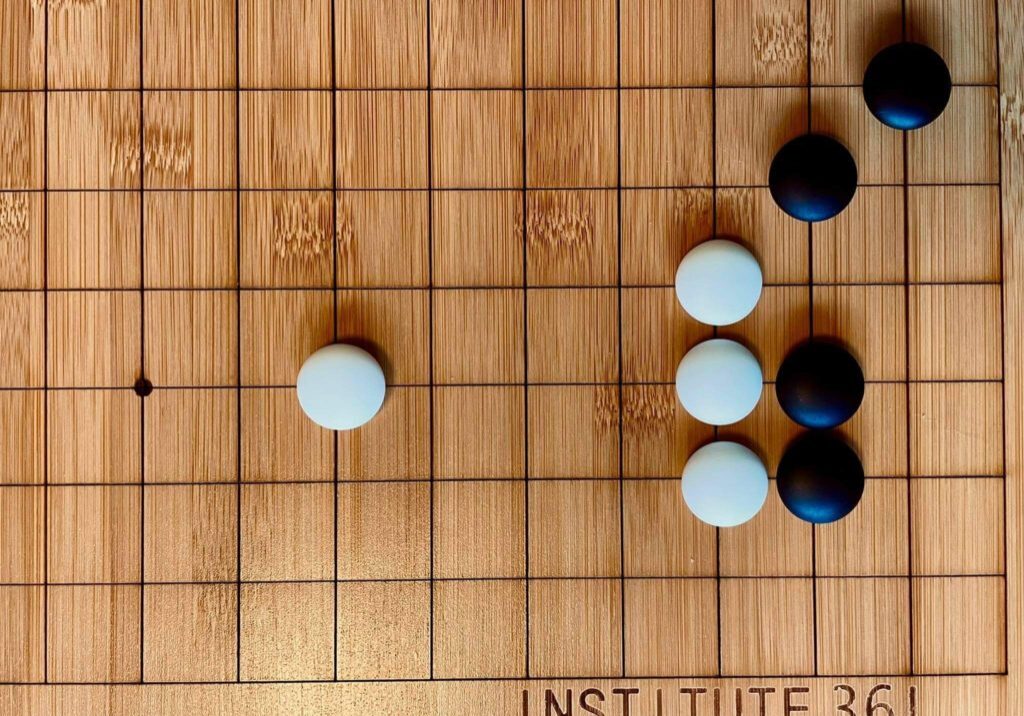Research
Institute 361 applies Go principles to advance knowledge in social sciences, education, business and technology.
We are passionate about research - if you have an innovative idea of applying Go as a method to your discipline, join the community by sending us a brief statement about your interests.
Institute 361 bridges millennia of traditions in strategic thinking to modern-day education, business and research to solve problems in science, technology and society.
Go Scholars
Chris Sutherland, University of Cambridge, the United Kingdom
"Currently studying an MPhil in Education at the University of Cambridge, England, I am fascinated by Go’s pedagogical potential for teaching both decision-making and an understanding of epistemology in the form of a rhizomatic network, as described by French philosophers Gilles Deleuze and Felix Guattari. The similarities between new-materialist and post-structuralist theories, and the philosophies of Go are in many cases indistinguishable, and it is these similarities I wish to explore as a form of pedagogy during my year of research. I believe that Go presents a tangible window for accessing a posthuman form of creative pedagogy that focuses on decision making, process, communication, abstract thought and other arguably unquantifiable aspects of learning and becoming, so far unexplored in western education."
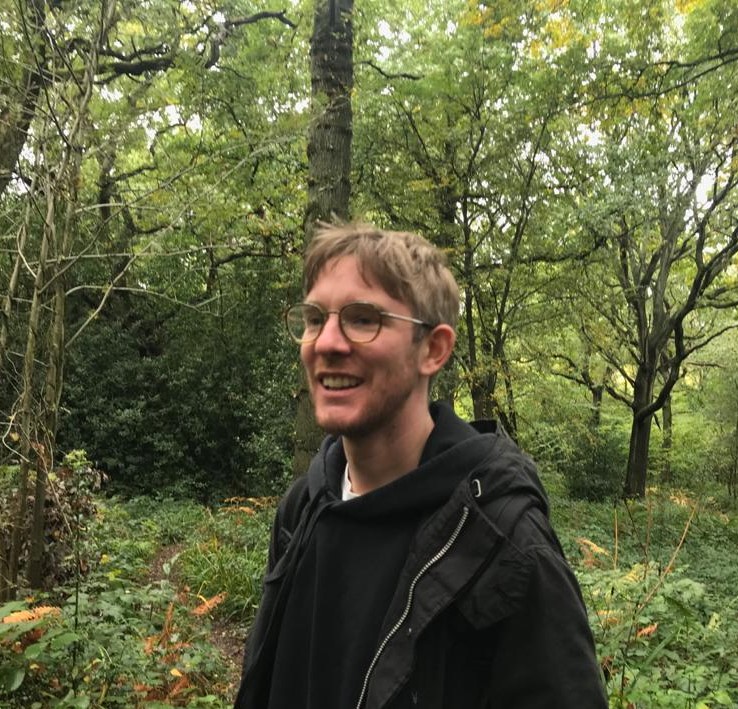
Theo Kartawijaya, Curtin University, Australia
“Rather than thinking about Go as a mind-game, we should think about it as if we are learning a language. We often forget that language is something learned, hence it is experiential learning. We experienced language while we are growing up, by hearing people talking, and maybe once again when we started learning how to read. This learning process is similar to Go learning. When we play Go for the first time, we learn about the combination of stones we place on the board, much the same way when we are trying to voice sounds that come out from our mouth to something at least similar to those we heard other people pronounce. This process might take a long time, depending on each individual. Once we grasp how to voice words, we would start voicing sentences and even poems, probably with the help with other people, like our parents. When we learn Go, we tried putting stones in many different manners as a play, a creative exercise, an experiment. Experimenting and trying out our “new voices”, we start to grasp which ones of our stones hold meaning, compare to others. Then we begin to learn of stones as “signs”, “signals”, “hints”…and how with the right structure, and as a collection, these stones hold deeper meaning. Slowly, as our understanding of the game improves, we begin to see how these stones together created a reality of their own, much like those the language we speak created around us”


